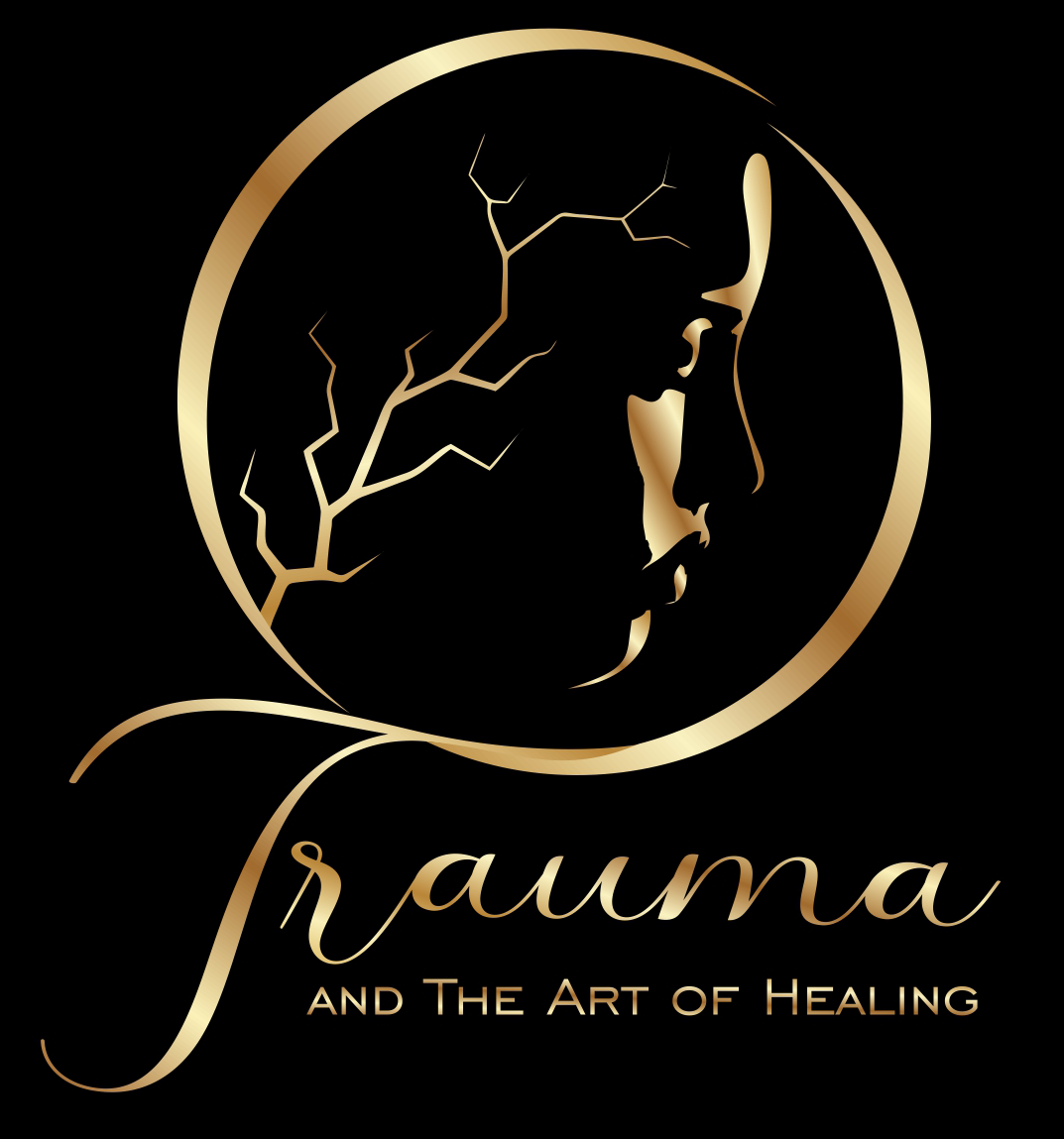Trauma and It’s Effect On Our Bodies.
Trauma is any event that causes a strong emotional response and affects a person’s ability to process the event.
Traumatic events can have lasting effects that may cause someone to have flashbacks, anxiety, depression, or adapt to negative beliefs or behaviors.
Common symptoms of Trauma:
Anxiety and Depression
Flashbacks of the traumatic event
Fatigue
Nausea
Headaches
Body Aches
Feeling hopelessness or numbness
Difficulty sleeping
Difficulty concentrating
Isolating from friends and family
What kind of events can cause trauma?
Traumatic events vary by the individual, any event that causes someone to develop a strong emotional or physical response after the event has happened can usually be classified as trauma.
Neglect from parents or caregivers.
Psychological or Physical abuse including bullying.
Community violence- example: witnessing a violent crime in your neighborhood, a school shooting.
an experience of violence, discrimination, or racism.
Domestic Abuse - Experiencing it from a partner or witnessing parents abuse.
Loss of a family member or friend.
Infidelity in a relationship
Sexual Assault
Accidents
How trauma affects our Mental Health?
When trauma is not treated it can manifest in a variety of forms and cause a decline in our mental health.
Trauma has been linked to depression, anxiety, PTSD, substance abuse, and even suicide. It has also been linked to maladaptive behaviors including people pleasing to avoid conflict, staying in unhealthy relationships, low self-esteem, and establishing unhealthy coping mechanisms.
When a person is triggered or reminded about the event, it can cause them to relive the moment as if it were happening again right now. Causing an increase in emotional distress, panic attacks, anxiety, and overwhelmingness.
How can we start the healing journey of trauma?
Understand and define what you are feeling. Without defining your emotions it is easy to keep the emotions suppressed in your body.
Work with a Mental Health Professional to guide you through the process of healing your trauma and construct a new way of thinking.
Learn coping strategies to help you through the moments when you are caught relieving your trauma.
Practice mindfulness to help keep you grounded in the present and experience relaxation.
Healing our trauma requires us to acknowledge and define our emotions regarding the traumatic event we have experienced.
With the help of a Mental Health Professional, you can be guided on exercises to help get the emotions “unstuck” from your body and learn coping skills, and reframe negative beliefs or behaviors you may have been using to cope.


